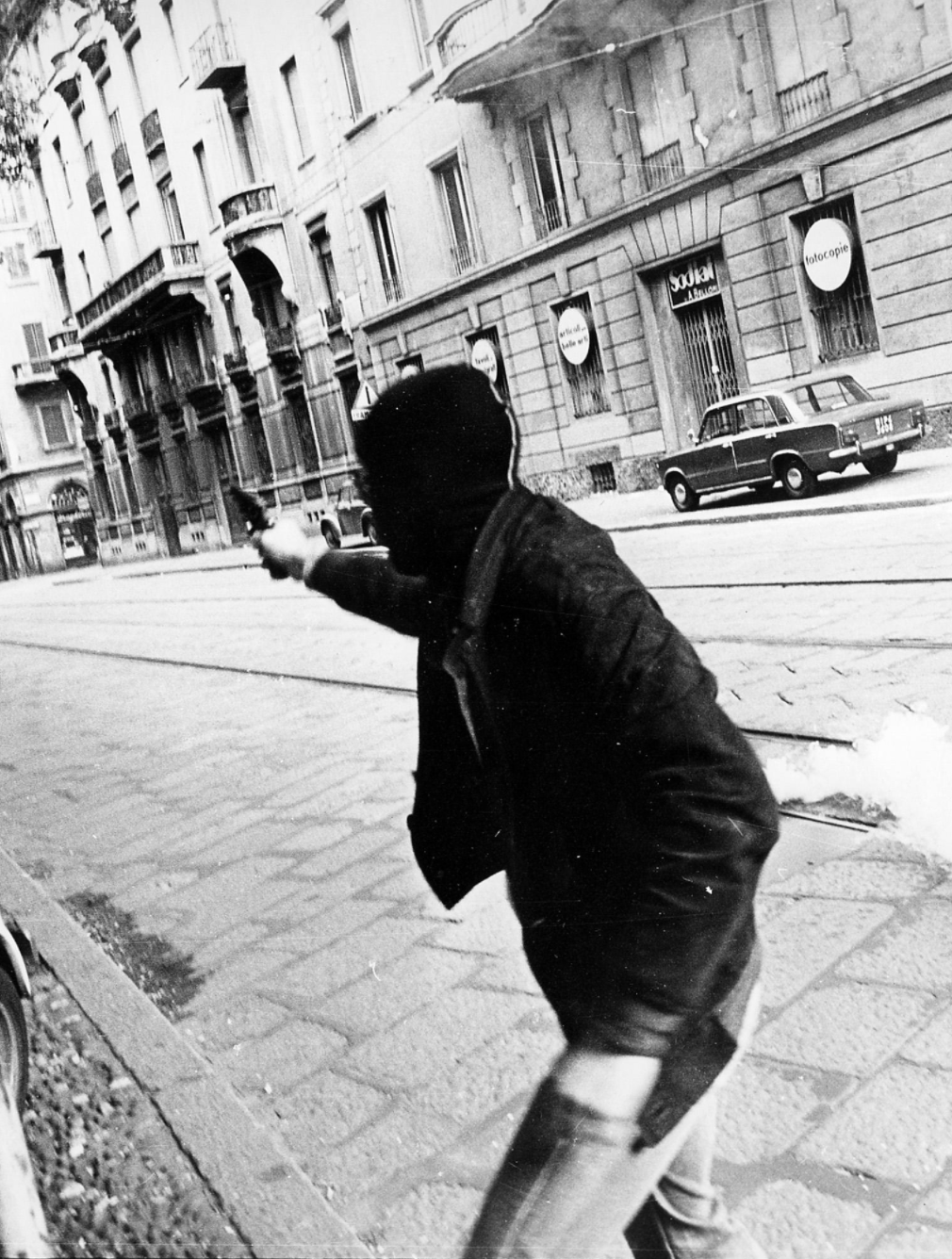In order to have a better idea of the role of violence in the new movements of revolt, we can now turn to the most recent work of Italian philosopher Marcello Tari, There is no Unhappy Revolution, The Communism of Destitution. In combining Giorgio Agamben’s analysis of the relationships between sovereignty and the life-form and the Invisible Committee’s report-backs from the pulse and flow of insurrections, Tari proposes an analysis of the new cycle of revolt as destituent revolts, that is to say revolts that have no directly political goal nor a specific program to implement.[xv] These new revolts are characterized by a refusal of politics, an abandonment of the established political system. It is a question of destituting power, to change or suspend it, not to replace it with a new government.
Tari’s analysis begins with the revolt of the piqueteros in Argentina in 2001, where people filled the streets in response to the country’s economic collapse. The protesters stopped commerce and the exercise of governmental power by impeding the movement and circulation of commodities, blocking access to transport routes. The Piqueteros organized themselves outside the traditional unions and political parties. The protesters explicitly opposed all entry into the established public political sphere and called for the end of politics rather than for a new government and new police.
read here

